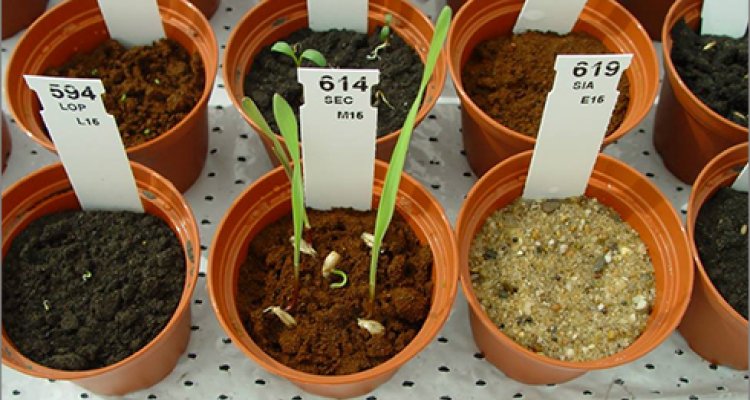
Press release
Wageningen research features strongly at Expo Milano
A lot of innovative research from Wageningen UR is on show in the Dutch pavilion at this year’s Universal Exhibition in Milan. Exhibits vary from a waste water purification that runs on algae and oyster reefs that double up as dykes, to the influence of climate change on agricultural yield and sugar beet as an ingredient for soft drinks.
The Universal Exhibition, which is organised in a different city every five years, opened on 1 May and will run until 31 October 2015. The theme of this 34th edition is ‘Feeding the Planet, Energy for Life’. Topics include technology, innovation, culture, traditions and creativity, and how these elements relate to food and diet. The Exhibition also focuses attention on the world population’s basic right to healthy, safe and sufficient food.
One hundred and forty-five countries are taking part in the Universal Exhibition, representing 94 percent of the global population. The Dutch pavilion has chosen ‘Share Grow Live’ as its main theme, showing how the Netherlands leads the way in the area of innovative agricultural and global trade. The exhibits provide information about subjects such as drinking water, aquaculture, crop cultivation, animal husbandry and crops of the future. The pavilion is expected to attract some fifteen thousand visitors per day.
Growing plants on Mars
One of the Wageningen UR future-based research projects in the Dutch pavilion is a study to find out whether plants can grow on soil from Mars. This soil consists of volcanic rock, which is difficult to cultivate. The research is generating knowledge that can be used when people go to the planet Mars, which is the aim of the Mars One project. In the meantime, it can also be used to improve arable farming on difficult soil on Earth.
Knowing your onions
Another example of global food research being presented at the Universal Exhibition by Wageningen UR is this year’s sequencing of the onion genome. Onions are eaten all around the world and constitute a good source of vitamins, minerals and fibre. More information about onion genes makes it easier to develop varieties that will grow in barren soil or other adverse climate conditions. This is contributing to food security.
Food
The Dutch contribution also includes plenty of good food. Nine mobile kitchens (aka ‘food trucks’) have been set up around the site in true festival style, so that visitors can sample typical Dutch street food. They will be treated to braised meat, poffertjes, sausage rolls, organic chips and the Dutch Weed Burger, a hamburger made from sustainably farmed seaweed. A huge greenhouse (complete with roof terrace), which has been erected as an ironic tribute to the Dutch horticultural sector, will serve a fusion of Italian and Dutch cuisine as its menu of the day.